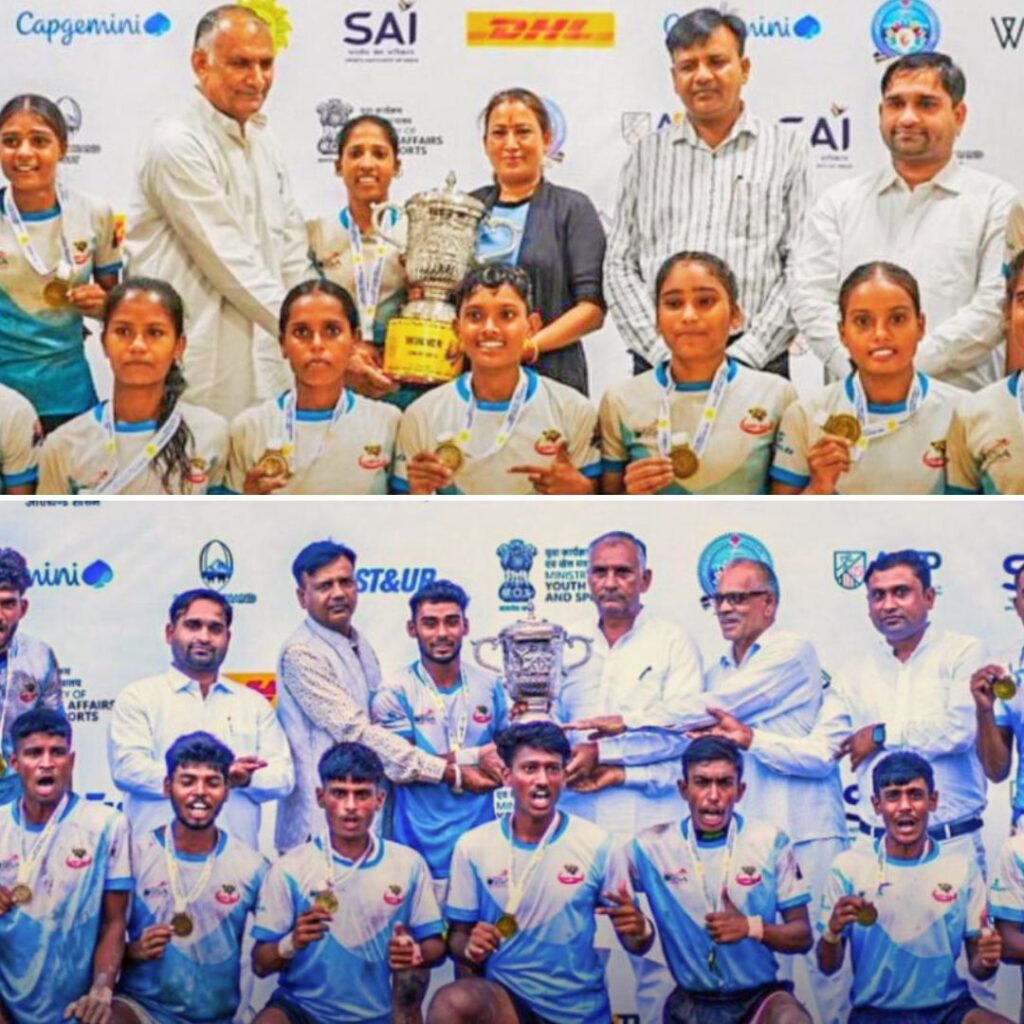Last year, on April 9, during the by-elections in Kashmir, Farooq Ahmad Dar, after coming back from casting his vote, was tied to the bonnet of an Army jeep and used as a human shield. A year has passed since the incident and the wounds still remain fresh in the mind of the 28-year old vote.
“I am never voting again in my life,” says Farooq Ahmad Dar, with dejection, holding the picture of himself tied to the bonnet of an army jeep as his eyes stare helplessly at the camera.
Special arrangement by TLI. Credits: Majid Maqbool
A year has passed since; Dar has a question for the people of India, the army and the government – “What was my fault?”
Accused of stone-pelting, on April 9, 2017, Dar was tied as a human shield to a jeep by the Indian Army and was paraded through 17 villages of central Kashmir’s Budgam district for roughly six hours.
This had happened during the Srinagar parliamentary constituency by-elections, and, despite boycott calls by separatist groups and mass threats from the militant outfits, Dar was still one among the only 7.1% that had turned up to vote.
Was Dar really a stone-pelter?
When Dar was driven for 28 kilometres as a human shield, a note was pinned to his chest that read, “This will be the fate of stone-pelters.”
The situation in the valley was so tense that nine civilians had lost their lives the same day during the clashes between the forces and the boycotters.
Yet, the police reports that had come out during the investigation clearly stated: “the victim (Dar) had cast his vote at polling booth in his native village”.
“Dar was picked up by the army during stone pelting and was tied to the bonnet of a vehicle as a human shield under threat. He was kept under wrongful confinement and was paraded/moved around in the area,” the report read.
Despite the outcome of the investigation, just a day after the report was out, Jammu and Kashmir Deputy Chief Minister, Nirmal Kumar Singh had accused Dar of being the “master and leader of stone-pelters”.
“It’s a proxy war,” he had said, further claiming that everything was “fair in love and war”.
Consequences of war – a helpless, dependent man
Dar lives with his ailing mother in an old wooden two-storey house in Tchill village of central Kashmir’s Budgam district, which is some 50 kilometres from the state’s summer capital Srinagar.
Dar’s Residence
As per his sister Misra Begum, Dar is now totally dependent on his elder brother Ghulam Qadir to look after him and his mother’s health.
“That incident has shattered him, both physically and mentally. Even after a year, those wounds are so fresh that at times he still cries in pain. He always remains irritated,” Begum told The Logical Indian.
After a brief pause, she further added, “His life has become meaningless.”
Recalling the aftermath of that incident, Begum said that Dar used to often weep in pain and to avoid questions from well-wishers, he had kept himself locked for the first few months.
“At the age of 28, my brother is dependent and unmarried. He had a miserable year, I don’t know now what waits for him in future,” she says.
A “haunting” past, “shattered” present and “regretful” future
Dar, before the incident, was known as an embroidery artisan, but, post that, he has become famous “for all the wrong reasons”.
“I regret voting that day,” says Dar, standing alongside Kashmir’s notable Rights activist Ahsan Untoo and former JNU Students’ Union Vice-President Shehla Rashid Shora.
“The Major who had made me a human shield is roaming free. This is what you do a citizen who has voted?” Dar said, pointing out at Major Leetul Gogoi of Indian Army’s 53 Rashtriya Rifles, who was awarded a Chief of Army Staff (CAOS) Commendation Card a month after the incident.
“That incident still haunts me,” recalled Dar.
After the incident, Dar had sustained a fracture in his right shoulder and critical injuries in his back, which per him are still “fresh”.
Glorifying the act in the name of nationalism
The incident was glorified after a T-shirt bearing a slogan “Indian army, saving your ass whether you like it or not”, with a picture depicting Dar tied with the Army jeep, was being sold for Rs 495 on a shopping website owned by BJP spokesperson Tajinder Pal Singh Bagga.
Sajid Nadiadwala’s recently released Baghi 2 also simulated the incident, showing the army officer tying a man showcasing him as a stone-pelter.
Were Dar’s human rights violated?
The Jammu and Kashmir Human Rights Commission had directed the State to compensate Dar with Rs 10 lakh, which the PDP-BJP government here in Kashmir clearly refused to.
Denying the panel’s recommendations, the government said, “Dar had made no allegation of human rights violations against the state or any of its functionaries.”
Reacting to this, Begum said, “Since a year he has been shouting and screaming for justice, but it has been all falling on deaf ears.”
“Is this how it is? You treat …












